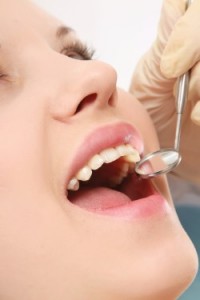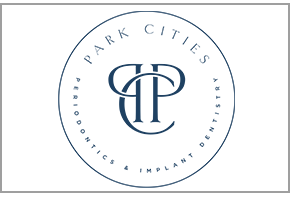 Have you noticed that your gums are receding? Perhaps your dental hygienist or dentist pointed out that you have signs of gum disease. While periodontal (gum) disease is a very common condition, many patients underestimate how destructive this disease can be.
Have you noticed that your gums are receding? Perhaps your dental hygienist or dentist pointed out that you have signs of gum disease. While periodontal (gum) disease is a very common condition, many patients underestimate how destructive this disease can be.
When gum disease is not treated with professional care and proper oral hygiene, the condition will worsen, and ultimately threaten the health of your entire mouth. Fortunately, there are solutions to manage gum disease. One of the best ways to reclaim your oral health and improve your symptoms is to visit a periodontist, a dentist with specialty training and additional education to treat diseases that affect the gums.
The Dangers of Gum Recession and Periodontal Disease
When the gums pull away from teeth, more of the tooth is exposed. Tooth structure beneath a healthy gum line is more sensitive than the crown of a tooth. This is because tooth enamel, the mineralized barrier around teeth that protects against decay, does not extend down to the roots of teeth. Gum recession exposes more vulnerable areas of a tooth to cavity-causing bacteria.
Furthermore, receding gums is a sign that the gingival tissue is inflamed and infected. When the gums are infected, recession of the gum line will worsen without treatment. Advanced gum disease is the number one cause of tooth loss, largely because without support from gum tissue, teeth will become loose—especially as tartar builds up along the roots of teeth.
How Periodontal Therapy Can Help
To manage gum disease and prevent further gingival recession, we recommend that patients visit our practice for specialized treatment. We offer a number of treatments for all forms of periodontal disease—including complex cases. From deep cleanings that remove infected tissue and tartar beneath the gums to grafting procedures that help reconstruct lost tissue, our team can help you reclaim your oral health and peace of mind.
To learn more about our services, call our office at 214-949-1836 to schedule an examination with our skilled periodontist.






